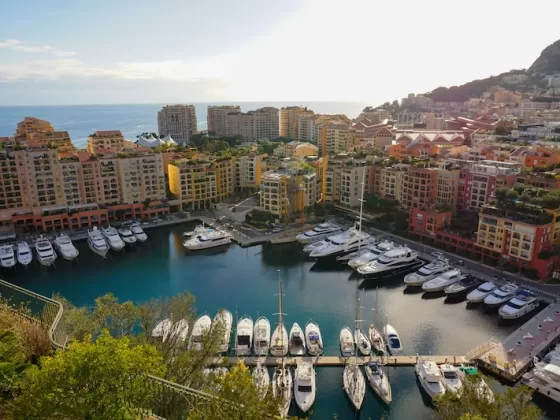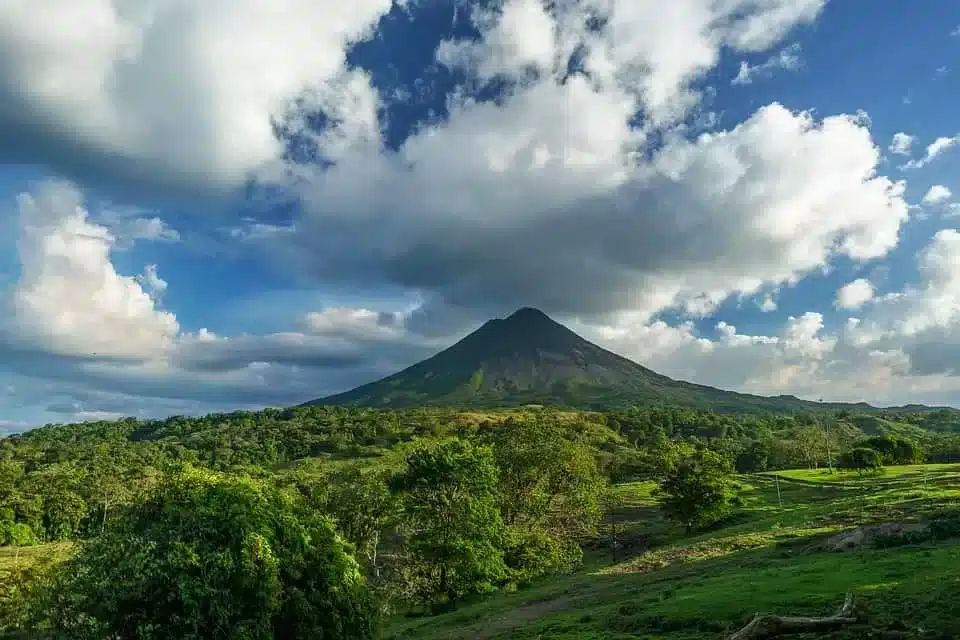The industry of medical tourism in Costa Rica has quickly become a very popular and lucrative form of tourism for the country.
Many tourists from both the US and Canada come to Costa Rica for dental care, medical, and surgical procedures that would cost significantly more in their home countries.
Why is Costa Rica a main destination for Medical Tourism?
- Surgeries here can cost 50 to 70% less than in the United States
- Costa Rica is easily accessible from the continental US, and many different airlines have daily flights to Costa Rica
- Visitors to Costa Rica can stay up to 90 days in the country without applying for a visa. This is great since many surgeries require a significant time of recovery
- The hospitals and dental clinics in Costa Rica are extremely advanced and professional, and it is not uncommon for top dentists, surgeons, and doctors to have had some kind of training in the United States
- Could you imagine a more beautiful place to visit and recuperate? Costa Rica is a veritable paradise, complete with white sand beach, lush tropical rain forests, stunningly picturesque mountain scenery, and fields of fresh coffee and sugar cane. It’s truly a wondrous country to behold
Medical Tourism in the Land of “Pura Vida”
Costa Rica is a country that loves and appreciates tourism. The native Costa Rican people are kind and friendly to tourists, and they greatly enjoy sharing the beauties of their country and culture with visitors. The national catchphrase here is “Pura Vida!” which means pure life or full life. However, the phrase is a typical response to greetings here, and it is not uncommon to hear someone ask a friend “How are you doing?” and to hear the friend respond “Pura vida!”
Costa Rica is a safe country with a stable, democratic government and a strong economy. Aside from its booming medical tourism business, Costa Rica is a favorite retirement location for many savvy travelers and expats who want to retire someplace both warm and inexpensive.
Factors to Consider
- The main language in Costa Rica is Spanish, although there are almost always staff members in hospitals and dental centers that speak some English
- US cell phones will not work in Costa Rica unless they are international phones. Check with you service provider about paying for international service or other options before you make this trip
- The internet speeds in Costa Rica aren’t always as lightning fast as the internet speeds in the US. Be patient! 🙂
- When traveling around Costa Rica, use only the licenced red taxis. There are many people with normal cars that offer taxi services as well, but it is hard to know whether they are trustworthy or not. Stick with the government-certified red cabs.
- Kick back, enjoy the warm weather, take in the beautiful scenery, and be happy that you chose Costa Rica as your medical tourism destination
For more information on different medical services available in Costa Rica, please CONTACT US
Here’s another article written a few years after this one, enjoy!
Here’s a few really great article about Costa Rica:
17 Things You Might Not Know About Costa Rica
Digital Nomad’s Guide to Costa Rica






